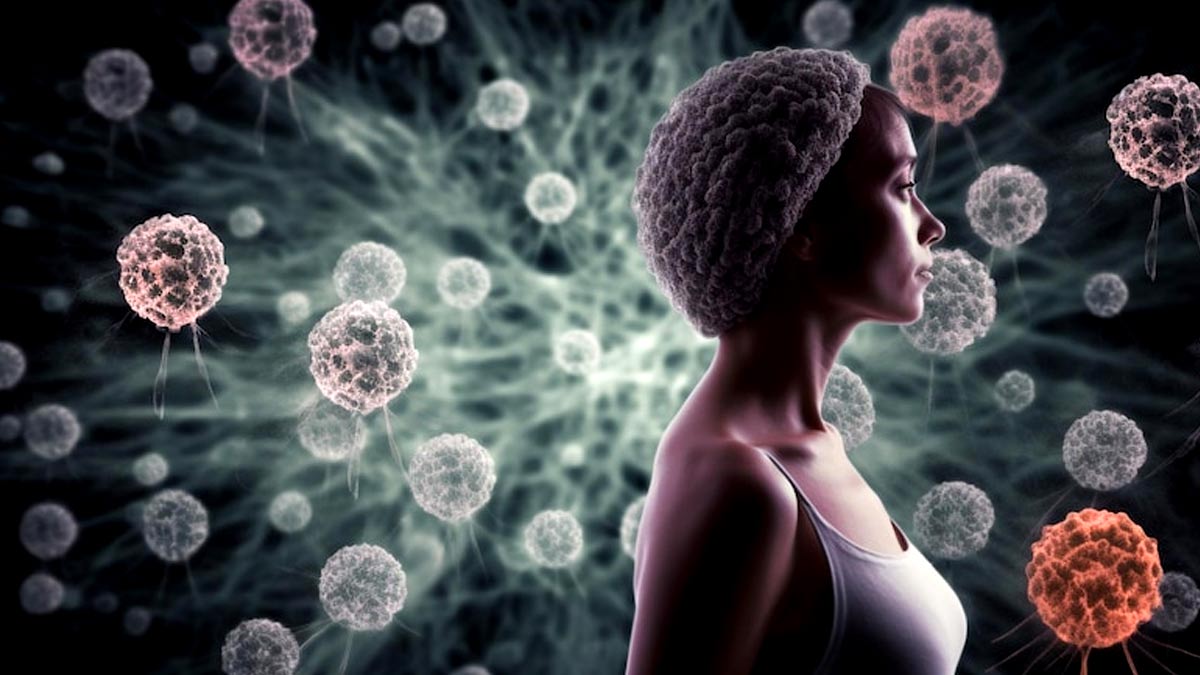

The spectre of cancer has loomed over humanity for ages, remaining a prevalent cause of mortality even in modern times. However, there is hope now. From the diverse forms it takes to the factors that set it in motion and the arsenal of treatments available to confront it – this article includes insights from Dr Nitin Shrivastava, MCh Urology, AIIMS, FRCS Urology, England, who explained cancer in detail.

What is Cancer?
Dr Shrivastava said, “In grasping the concept of cancer, it’s essential to first comprehend the intricate functioning of the human body. Our bodies consist of various organs, each carrying out distinct functions. These organs, in turn, comprise small living units known as cells, each with its specific role. These cells continuously undergo growth, ageing, damage, and replacement by new cells – a tightly regulated process.” According to the National Institute of Cancer Prevention and Research, around 2.7 million people were estimated to have cancer in 2020.
Dr Shrivastava added, “Cells perform their functions within specific boundaries. For example, kidney cells are responsible for excreting waste from the blood into urine. This functional specificity ensures each organ’s proper operation without interfering with others.” However, if cells begin dividing and multiplying uncontrollably, surpassing normal boundaries, issues arise. This unchecked proliferation leads to a heap of dysfunctional cells that accumulate and form a lump, often referred to as a tumour.
Also Read: Curing Cancer: Expert Explains Importance Of Early Detection And Treatment
Types of Tumours
Tumours are classified into benign and malignant categories. Benign tumours are relatively slow-growing and pose a minimal threat, while malignant tumours, or cancers, grow aggressively, often encroaching upon neighbouring organs and posing substantial health risks.
How Does Cancer Spreads

Dr Shrivastava informed, “Cancer’s impact extends beyond its point of origin. As a tumour grows, it can displace and damage normally functioning cells. Notably, cancers exhibit a unique feature – the ability to spread to distant organs, an occurrence known as metastasis. Through the shedding of microscopic cells into the bloodstream or other bodily fluids, cancer cells can implant themselves into distant organs, leading to secondary cancer growth.”
Metastasis and Advanced Stages
Dr Shrivastava said, “Metastasis marks the progression of cancer, typically into bones, lungs, liver, and brain. This development classifies the disease as an advanced or stage 4 cancer. While such a diagnosis may evoke concern, it’s important to note that modern medical advancements have revolutionised cancer treatment, even for advanced cases.”
Also Read: Vulvar Cancer: Expert Explains Symptoms, Causes, Prevention, And Treatment
Treating Advanced Cancer

Dr Shrivastava highlighted, “Stage 4 cancers were once considered incurable, but breakthroughs in medical science have altered this perception. Innovative treatments like chemotherapy, immunotherapy, stem cell therapy, and radiation therapy have significantly improved the prognosis for patients with advanced cancer. These treatments aim not just to prolong life, but also to enhance its quality.”
Embracing Knowledge: Facing Cancer Head-On
While the word ‘cancer’ may initially evoke panic, it’s crucial to approach it with knowledge and a calm demeanour. Understanding the intricacies of cancer empowers individuals to make informed treatment decisions. Seeking accurate information, connecting with professionals, and exploring supportive networks can profoundly impact one’s journey through cancer diagnosis and treatment.
Disclaimer
The information in this article is shared by a registered healthcare practitioner and is for informational purposes only. Hence, we advise you to consult with your expert for a diagnosis catered to your needs.
اكتشاف المزيد من ينبوع المعرفة
اشترك للحصول على أحدث التدوينات المرسلة إلى بريدك الإلكتروني.
